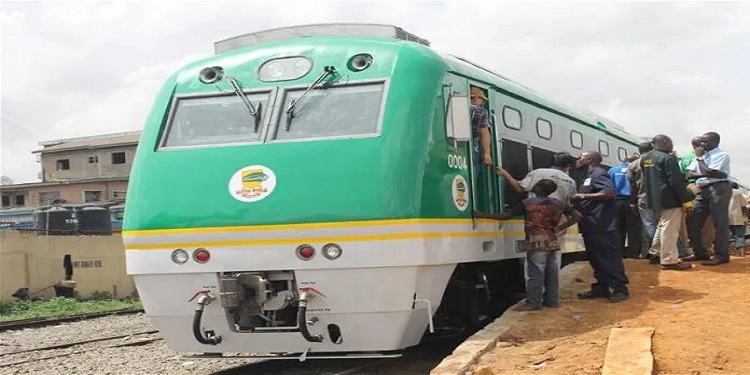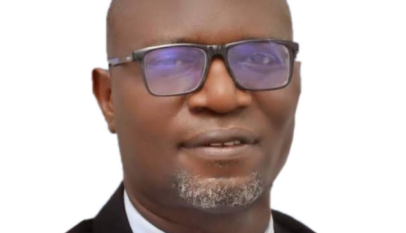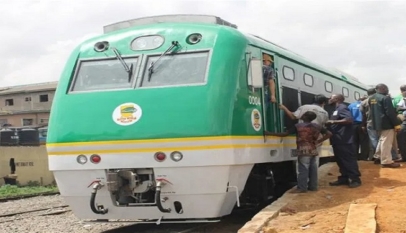
Tinubu Administration To Surpass 60 Years of Rail Investment Within Two Years — NRC Boss
Agency Report
The Managing Director of the Nigerian Railway Corporation (NRC), Dr. Kayode Opeifa, has declared that the administration of President Bola Ahmed Tinubu will invest more in the country’s rail transport sector within the next two years than all past Nigerian governments combined.
Opeifa made the statement at the 11th Nigeria Transport Lecture (NTL) organised by Transport Day Media.
He described the coming investment surge as unprecedented, attributing it to recent policy reforms and strategic infrastructure projects that are realigning Nigeria’s transportation future.
According to him, the landmark decision to remove rail transport from the Exclusive Legislative List to the Concurrent List, alongside the fiscal space created by the removal of fuel subsidy, has empowered both federal and state governments to channel more resources into rail development.
“This administration is making more impact in two years than we’ve seen in the last 60 years in the rail sector,” Opeifa said, adding that the renewed investment drive will accelerate sustainable transportation and national development.
In his presentation titled “Sustainable Transformation System in Nigeria: A Pathway to Economic Prosperity”, Opeifa applauded the Tinubu-led government for initiating transformative reforms.
He praised FCT Minister Nyesom Wike and other government officials for supporting the repositioning of Nigeria’s transport sector and urged further collaboration across levels of government.
Highlighting regional efforts, Opeifa identified Lagos and Abuja as cities with the most advanced transport systems, while noting substantial progress in Kano, Kaduna, Edo, Delta, Oyo, Ogun, and other states.
He further cited northern states such as Adamawa, Taraba, Borno, Sokoto, Katsina, Kogi, and Gombe for investing in intra- and inter-city transport services.
Opeifa also observed that the private sector’s involvement in interstate transport services is particularly pronounced in the South-East, demonstrating the critical role of non-government players in the evolving mobility landscape.
He emphasized that stakeholders—including the private sector, donor agencies, and development partners—must align efforts around principles of accessibility, affordability, inclusion, efficiency, and environmental sustainability, all underpinned by rigorous cost-benefit analysis.
Despite visible progress, the NRC boss warned that persistent issues still threaten the development of a fully sustainable transport system.
These include: Infrastructure deficits; insecurity; operational inefficiencies; labour union-related challenges; decarbonisation gaps and absence of a unified structure and policy framework,
The Nigeria Transport Lecture drew wide attendance from key players in the transport sector. Participants included: Lagos State Government; Federal Road Safety Corps (FRSC); Federal Airports Authority of Nigeria (FAAN); National Automotive Design and Development Council (NADDC); Julius Berger Nigeria Plc; Nahco Aviance Plc
The forum served as a platform for experts and policymakers to chart actionable strategies for improving Nigeria’s transportation systems and unlocking broader economic growth.




